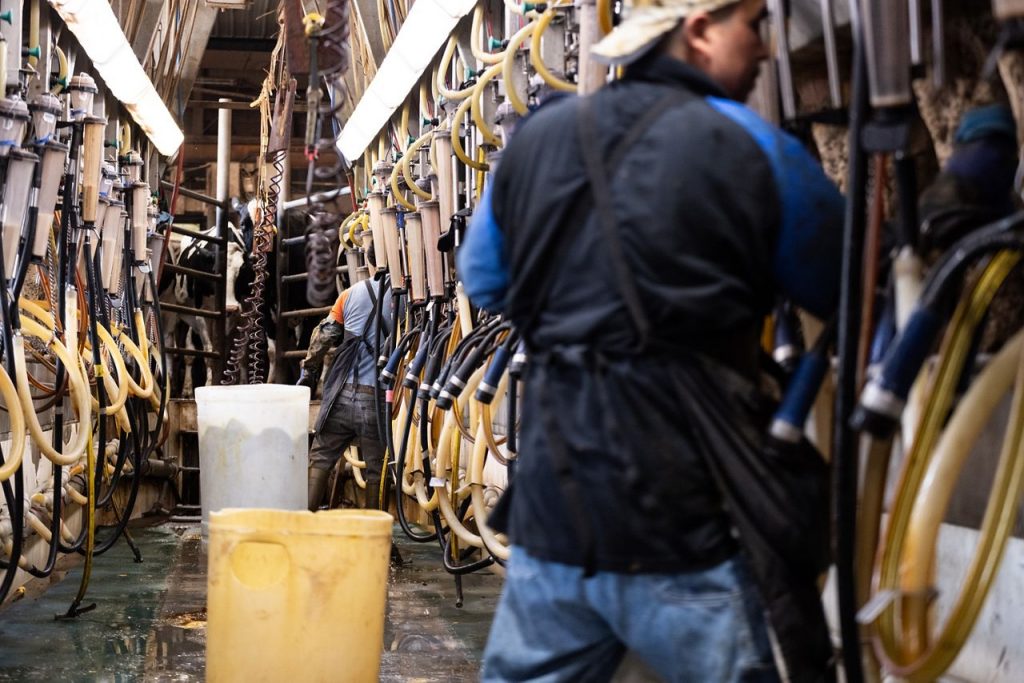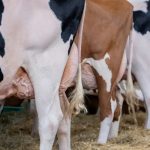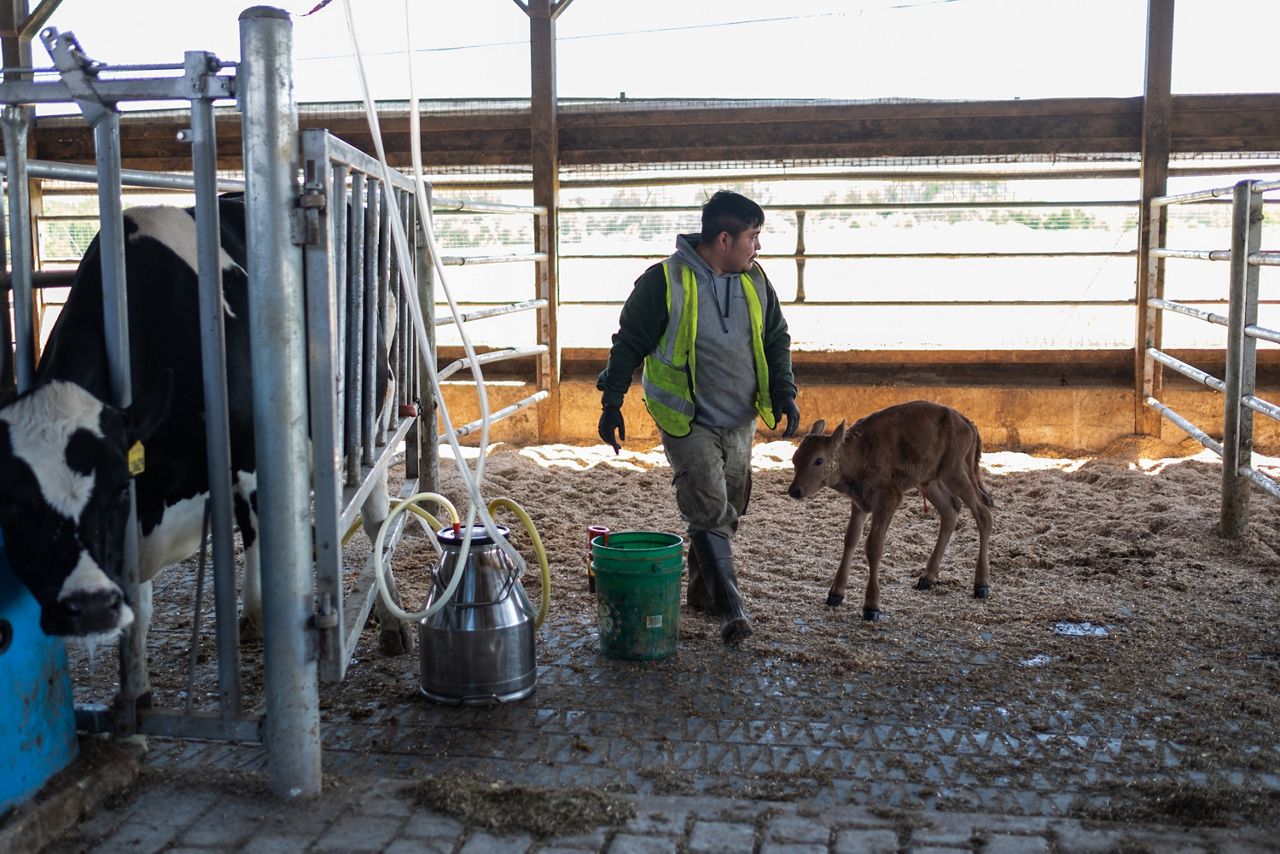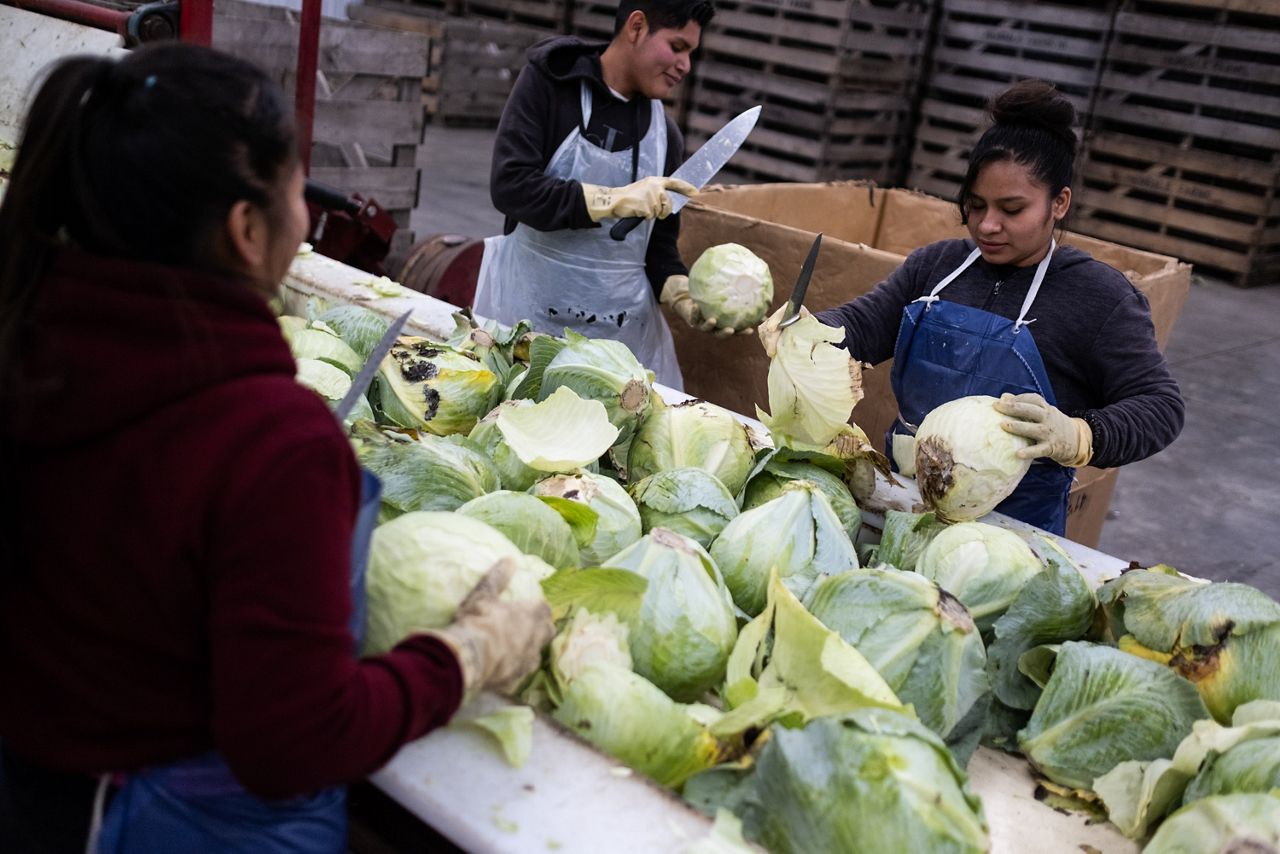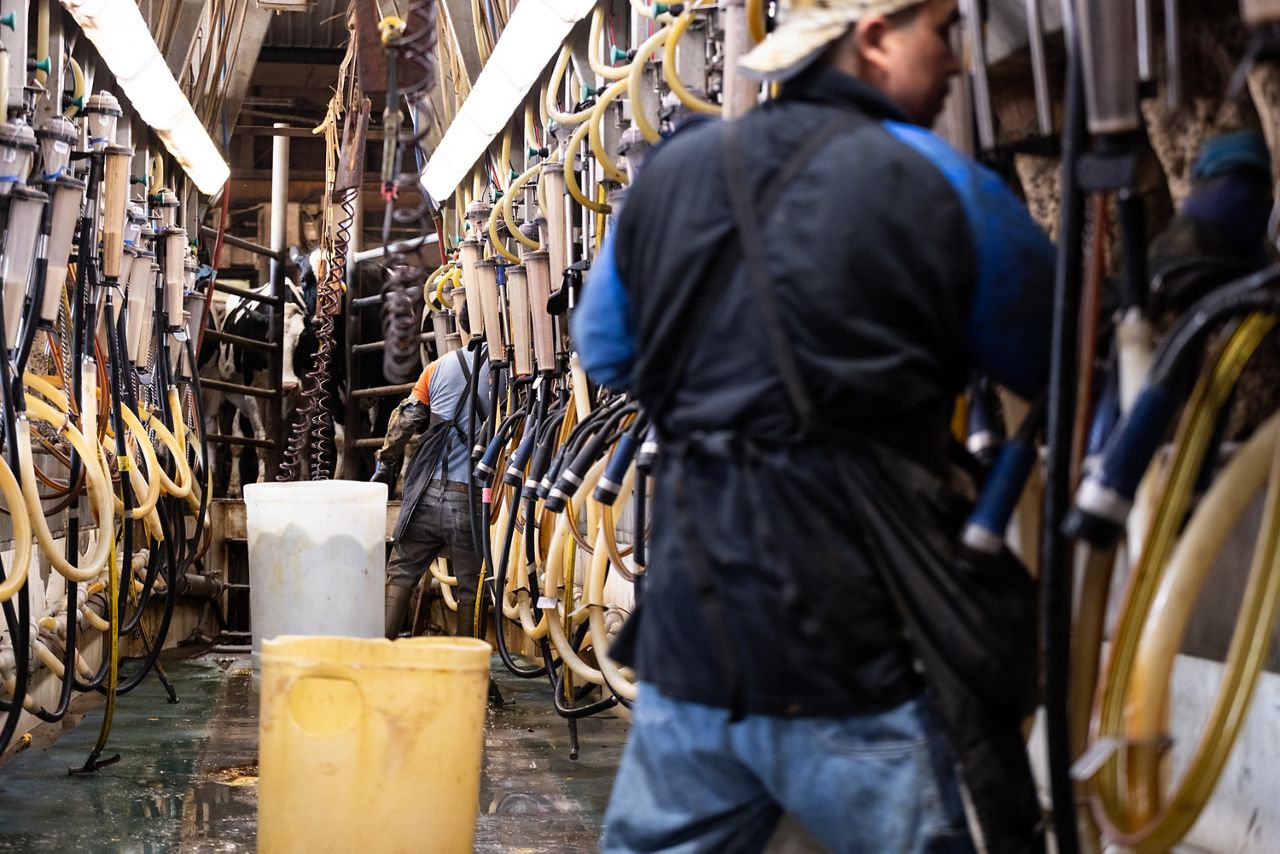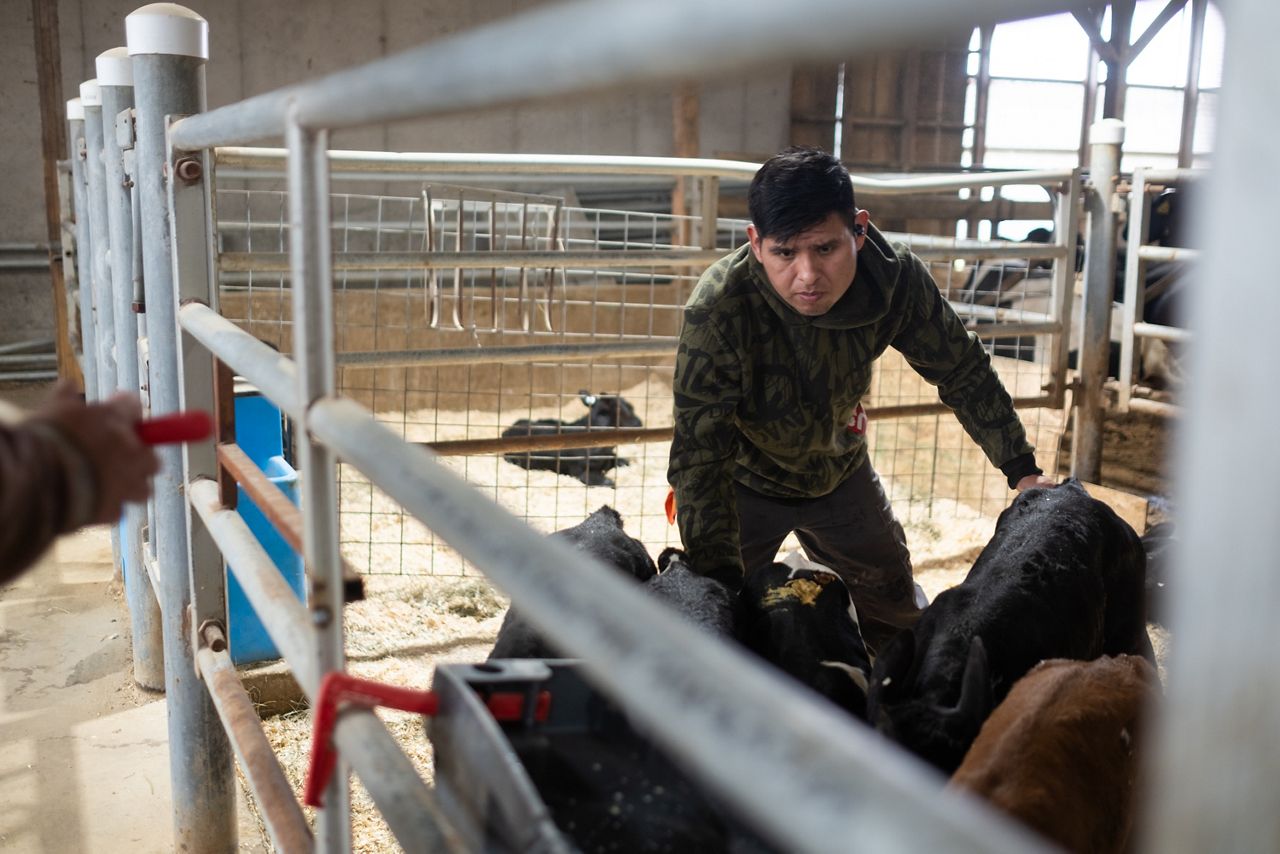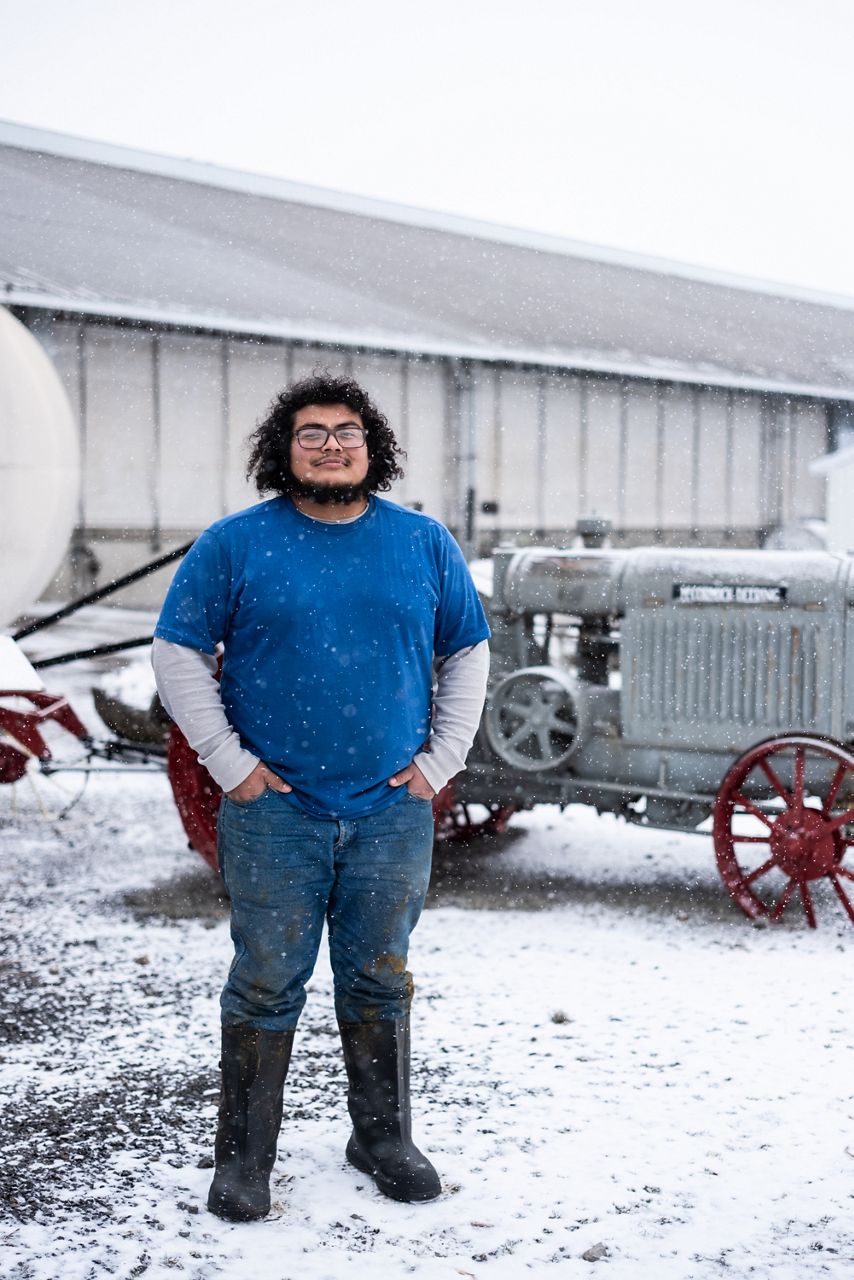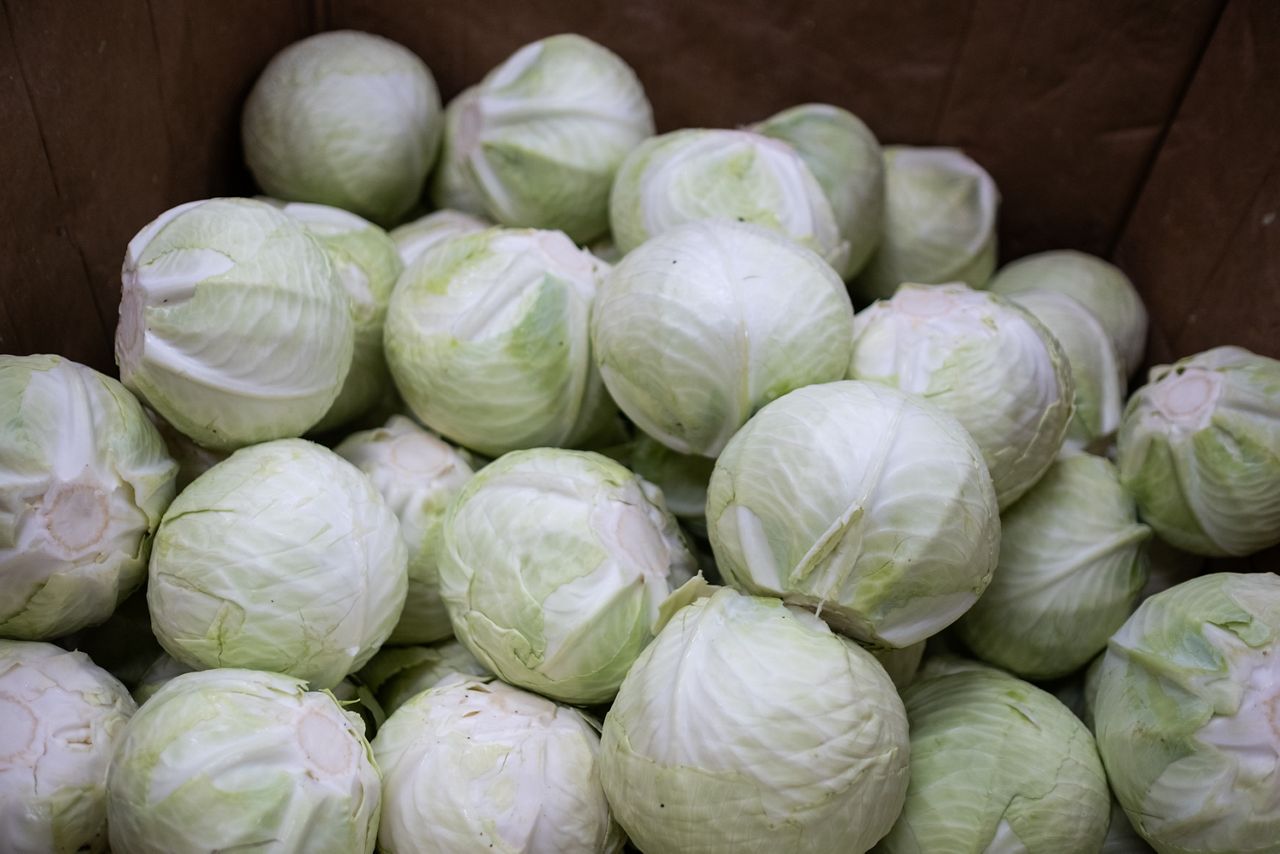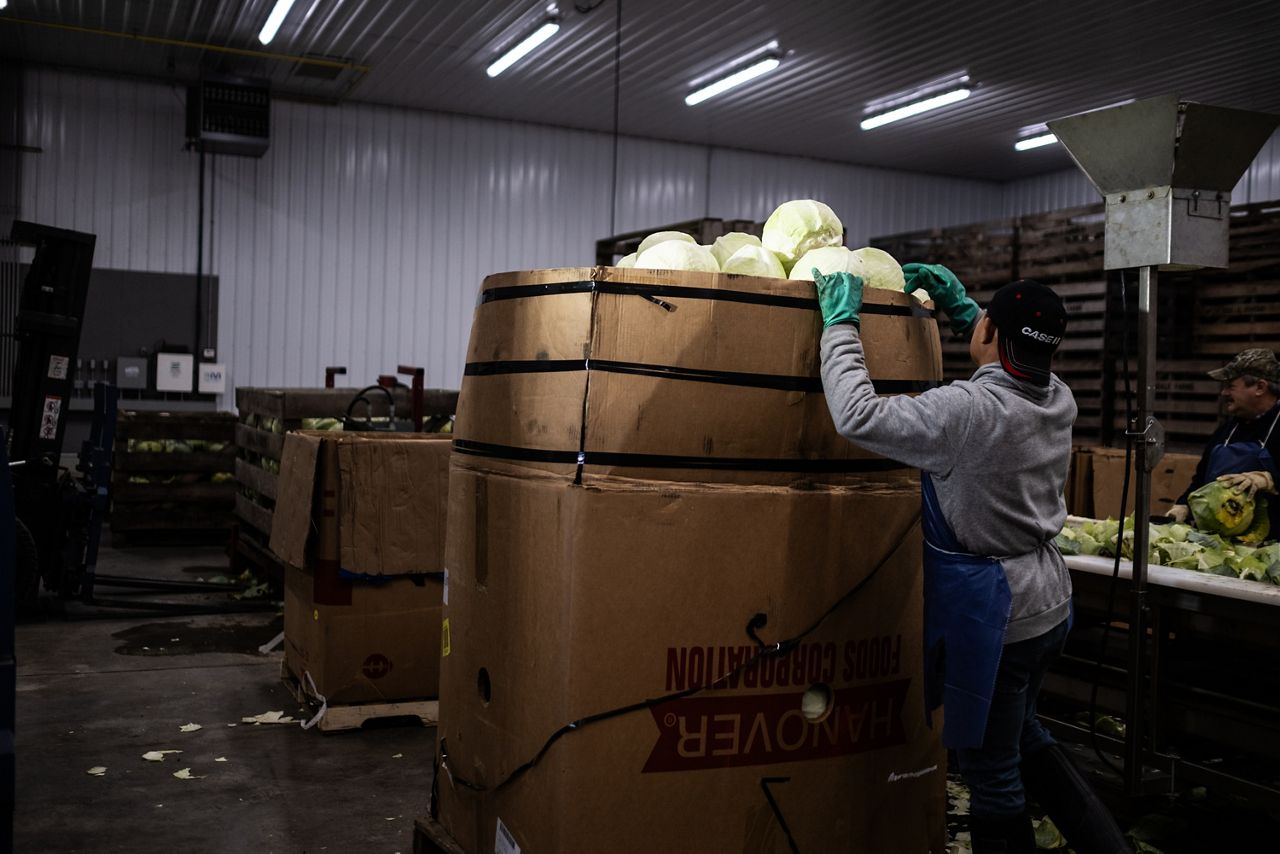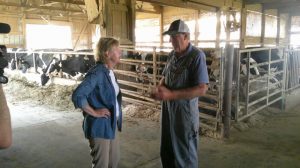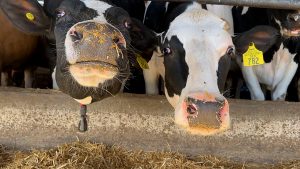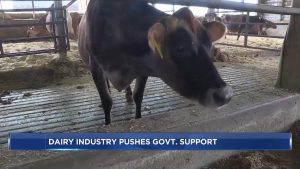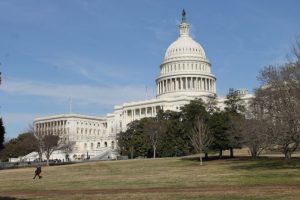
With less than two weeks until Election Day, farmers in upstate New York who rely on migrant workers say they are concerned with potential changes to immigration policy under a President Donald Trump administration.
“Most people who work in the agriculture sector and the daily farmworker side of things are Hispanic, so there are a lot of migrants that come in on visas from Mexico and Guatemala as well as Jamaica and other countries to harvest and produce the food we eat,” said Deanna Fox, chief executive of the New York Farm Bureau. “So, immigration is deeply important.”
The American Farm Bureau Federation released a presidential candidate questionnaire, in which agricultural labor was addressed.
“Under a Trump administration, we will grow more farm products in the USA and rebuild our country with American hands. A Trump administration will always put farmers and American workers first. I will prioritize merit-based immigration, ensuring those admitted to our country contribute to our economy and strengthen our country,” Donald Trump said in the response.
Trump has said he would increase the deportation of immigrants in the U.S. illegally. According to data from the U.S. Department of Labor, about half of agricultural workers lack legal immigration status.
Vice President Kamala Harris also responded to the questionnaire saying she would strengthen the H-2A visa program. Additionally, she and Minnesota Gov. Tim Walz would said they want to improve the immigration system rather than call for deportation, her response read.
Mike McMahon, a dairy farmer and owner of EZ Acres in Homer, said immigration and trade are big concerns for him and the dairy industry ahead of the election. He points to the Trans-Pacific Partnership, which Trump withdrew from in 2017.
“It was a special trade agreement for agricultural products, and it was a really big help in milk price and other things as well, but certainly the price of milk went up,” McMahon said. “The fact is the dairy industry needs to export between 18% and 20% of products offshore in order to not end up with a domestic glut.”
Mexico is the largest purchaser of U.S. dairy products, but tariffs established during the Trump administration damaged America’s relationship with Mexico, McMahon said.
“There was some retaliation from Mexico who diverted some of their purchases to Western Europe. So, when he talks about these tariff things, I get very concerned about retaliatory actions from other countries that we typically can count on for purchasing milk supplies,” he said.
In addition to their purchasing power, more than 60% of all agricultural workers in the U.S. are from Mexico, according to data from the National Center for Farmworker Health.
Most dairy farms are not eligible for seasonal H-2A workers, which complicates labor for the industry, McMahon said.
“Dairy [workers] are primarily undocumented because there is no program for dairy workers,” McMahon said. “There is no program, no legal route, for workers to come in and work in the dairy industry. So, when [Trump] talks about deporting 11 million people, that is going to absolutely decimate the dairy industry in the U.S.”
There are approximately 2.9 million agricultural workers in the United States, according to data from the National Center for Farmworker Health. About 370,000 in that group are H-2A visa holders who are allowed to come to the U.S. for 10 months of the year to do seasonal work, such as harvest vegetables and fruit. Dairy farms need to operate year-round, so most don’t qualify to apply for H-2A workers.
Project 2025, a policy proposal by Heritage Foundation, said the next Republican administration would cap and phase down the H-2A program.
Trump has disavowed Project 2025 and sought to distance himself from it, saying, “I know nothing about Project 2025,” even though several of his allies and former staffers have contributed to its creation.
New York is a state that relies on the H-2A visa program and employs about 3% of those seasonal workers, according to data from the USDA. California, Florida and Georgia accounted for about one-third of the H-2A visas given out in 2022.
Karen Watt, a recently retired farmer in Orleans County, said she relied on foreign workers to grow apples, cherries, peaches and plums.
“We would be dead without [the H-2A program]. This country wouldn’t have farming without it. There are no white hands anymore pulling celery or picking berries,” Watt said.
She and her husband for many years hired H-2A workers, who came to help harvest the fruit on their farm.
“There wasn’t enough local help around to do what we needed to do so much of our operation relied on H-2A workers,” Watt said.
But the cost of H-2A workers can present a challenge for farmers. The federal government sets a minimum wage they must be paid — and it varies by state. In addition, farmers need to abide by state laws — like the overtime threshold in New York.
Dan Palladino, owner of Heritage Hill and Palladino Farms in Pompey, said too many regulations can be cumbersome for farmers and cited the change to the overtime threshold in New York this year.
“For us, the increase in wage rates has been difficult to swallow because the majority of farms are producing commodities at a national level, so if you’re having to incur higher costs for your labor. It’s challenging,” Palladino said.
In New York, the required minimum wage for H-2A workers is $17.80, but it varies in other states. For example, it is $14.77 in Florida, $15.81 in North Carolina and $19.75 in California. However, farmers still compete in the national market. States with higher minimum wages have higher labor costs but receive the same price for their products.
“An average migrant worker from Mexico or Guatemala, their wage rate is 13 times more per hour than in their home country. These are well above the minimum wage rate because of how they’ve grown the mandated wage rate for those workers,” Palladino said.
Despite these concerns, Palladino said he supports creating legal pathways for workers to come to the United States.
“I think that we have a pretty successful H-2A program, and I think farmers want to see that expanded, so that you’re not just a seasonal program like it has been for vegetables and fruit, but so dairy farms can utilize a similar type of program,” he said.
Mary Jo Dudley, director of the farmworker program at Cornell University, said there would be economic gain if there was a legal pathway to citizenship.
“I think that, in particular, it’s important to look at how nationwide and also in New York state, undocumented workers have Social Security deducted from their paycheck and that is a benefit they will never be able to use,” Dudley said.
In 2022, people living in New York without legal status paid $3.1 billion in state and local taxes, according to data from the Immigration Research Initiative. Federally, $34 billion in payroll taxes from workers in the country illegally go toward Social Security, Medicare and unemployment insurance.
“The number one priority for improving the well-being of the agricultural workforce is an immigration reform that recognizes the contribution of agricultural workers and the time they have been in the country and doesn’t make it prohibitive for them to continue their work,” Dudley said.
You can now read the most important #news on #eDairyNews #Whatsapp channels!!!
🇺🇸 eDairy News INGLÊS: https://whatsapp.com/channel/0029VaKsjzGDTkJyIN6hcP1K
